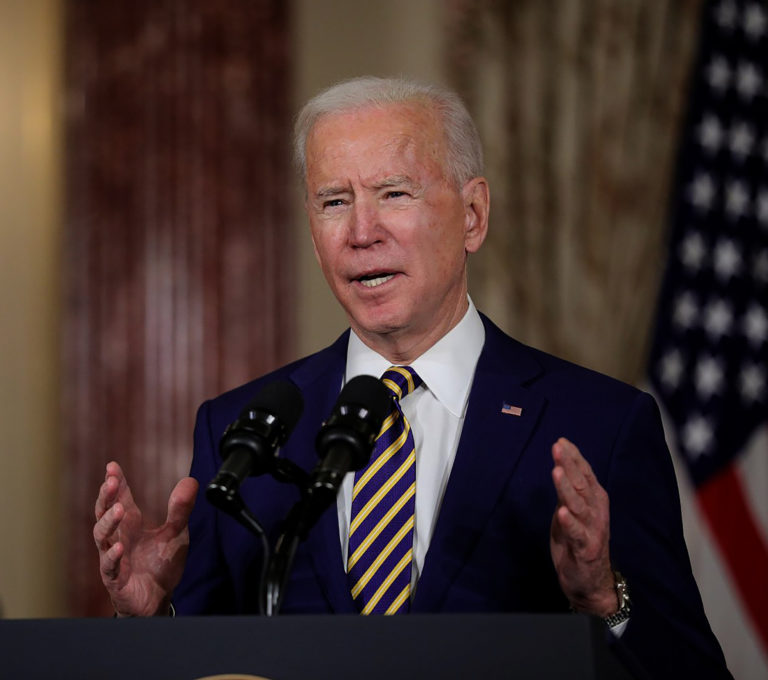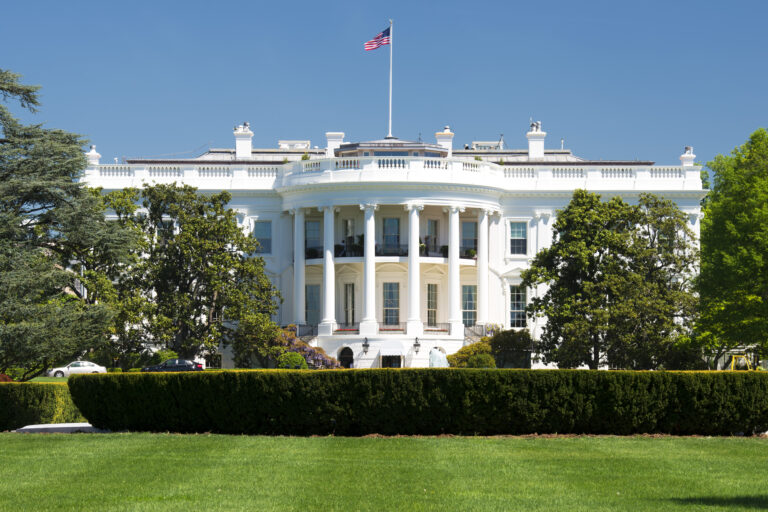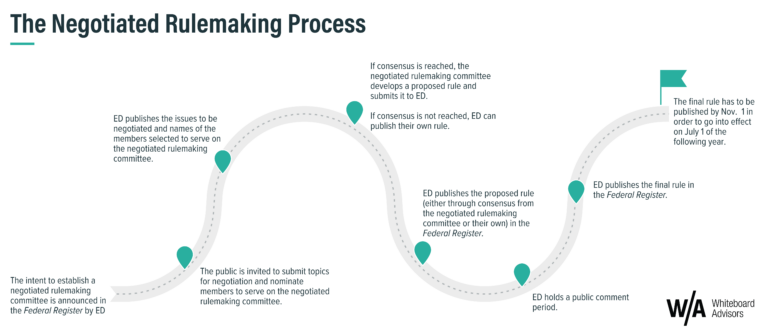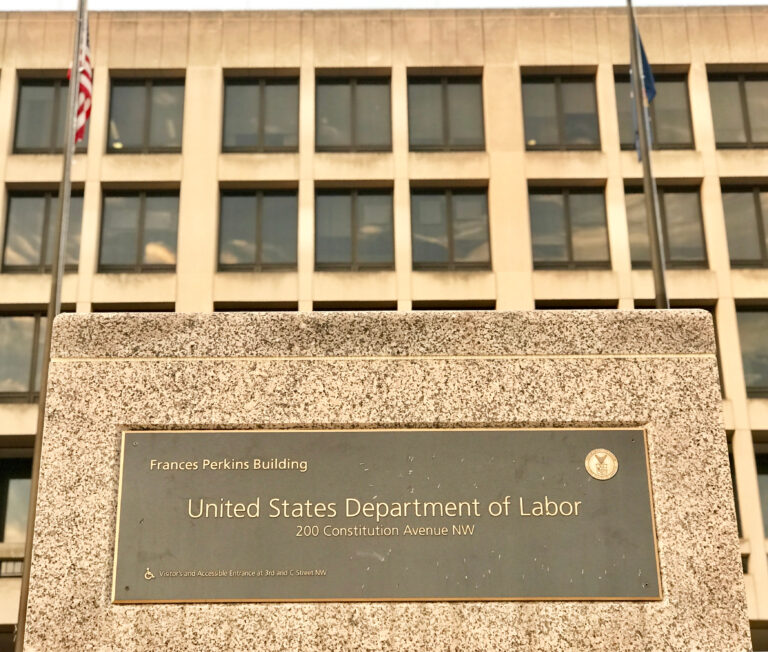Less than a month in office and President Biden has made his priorities for postsecondary education clear. And, notably, this week, he charged two leading advocates – two women – to deliver the message.
Yesterday, Carmel Martin, deputy director for economic mobility on the White House Domestic Policy Council, joined the recently appointed Acting Assistant Secretary of Postsecondary Education, Michelle Asha Cooper, and told an audience of community college leaders that President Biden’s priorities will focus on affordability, equity and the alignment of education and employment. Martin, certainly among the most thoughtful education policy experts, and Cooper, who has quietly advanced influential policy ideas for more than a decade are highly mission-driven, but no strangers to innovation.
While the proposals are estimated to cost nearly $750 billion over the next ten years, that blend of significant, new investment – with an expectation that renewed investment must come with rethinking and reimagination, opens the door to a bipartisan agreement despite the plan’s hefty price tag.
It also builds on what has, in recent years, been one of the few bright spots for bipartisanship at the federal level. While staff – and policymakers – have often disagreed on some mechanics related to access and accountability, Republicans and Democrats have been largely aligned on the urgency of addressing the ends: controlling college costs and boosting affordability of postsecondary education.
It also builds on what has, in recent years, been one of the few bright spots for bipartisanship at the federal level. While staff – and policymakers – have often disagreed on some mechanics related to access and accountability, Republicans and Democrats have been largely aligned on the urgency of addressing the ends: controlling college costs and boosting affordability of postsecondary education.
Check out the 4 issues our colleague Alison is tracking on her Forbes blog here.
Photo credit: mccv / Shutterstock.com




